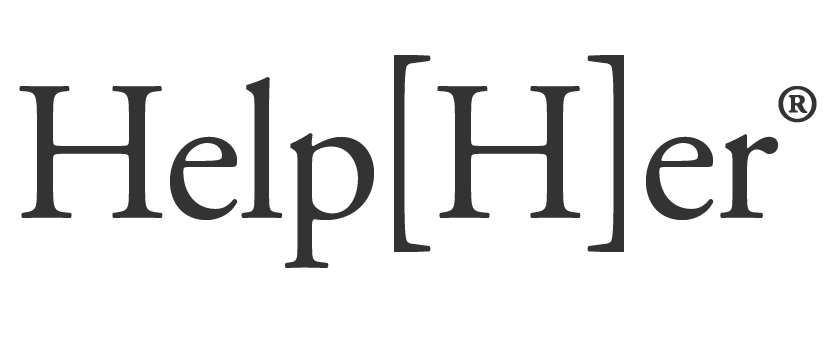Escaping Enemy Mode:
How Our Brains Unite or Divide Us
by Jim Wilder
Introduction:
Escaping Enemy Mode: How Our Brains Unite or Divide Us by Jim Wilder is a compelling examination of the psychological and neurological mechanisms that drive division and unity in human relationships. This book is particularly relevant for leaders, counselors, and people-helpers working with victims and survivors of abuse, as it explores how understanding these mechanisms can foster healing and reconciliation. For those in crisis or post-trauma processing, Wilder’s insights offer practical tools for overcoming relational barriers and building trust.
God’s Precepts and Strategies:
Wilder integrates faith with neuroscience, offering a unique perspective on how God’s precepts can help individuals escape “enemy mode”—a state of mind where others are seen as threats rather than allies. He draws on biblical principles, such as the importance of forgiveness and empathy, to show how these strategies can transform relationships. For example, Wilder emphasizes the power of seeing others as made in the image of God, which can shift perspectives and reduce conflict. His approach provides a framework for applying spiritual truths to everyday interactions, particularly in situations of tension and division.
Key Takeaways for Leaders and Counselors:
For leaders and counselors, Escaping Enemy Mode offers valuable insights into how understanding brain science can enhance their work. Wilder discusses practical applications, such as recognizing the signs of “enemy mode” in oneself and others and employing strategies to shift toward a more collaborative and compassionate mindset. These insights are particularly useful in counseling settings, where fostering a safe and trusting environment is crucial. By aligning these approaches with biblical principles, Wilder equips leaders and counselors with tools that are both scientifically grounded and spiritually enriching.
Impact on Victims and Survivors:
For victims and survivors of trauma or abuse, Escaping Enemy Mode can be a powerful resource for healing. Wilder’s exploration of how the brain processes fear and threat offers survivors a deeper understanding of their responses to trauma. By recognizing the neurological basis for their reactions, individuals can begin to take steps toward healing and reconciliation. The book provides practical guidance on how to move from a state of defensiveness and isolation to one of openness and connection, making it a valuable tool for those seeking recovery and restoration.
Conclusion:
Escaping Enemy Mode: How Our Brains Unite or Divide Us by Jim Wilder is an essential read for anyone involved in the care and support of others, especially those working with trauma survivors. Wilder’s integration of neuroscience and biblical wisdom offers a fresh perspective on overcoming division and building unity. For a deeper exploration of how these concepts can be applied in your work or personal life, consider adding this insightful book to your reading list through the affiliate link provided.


